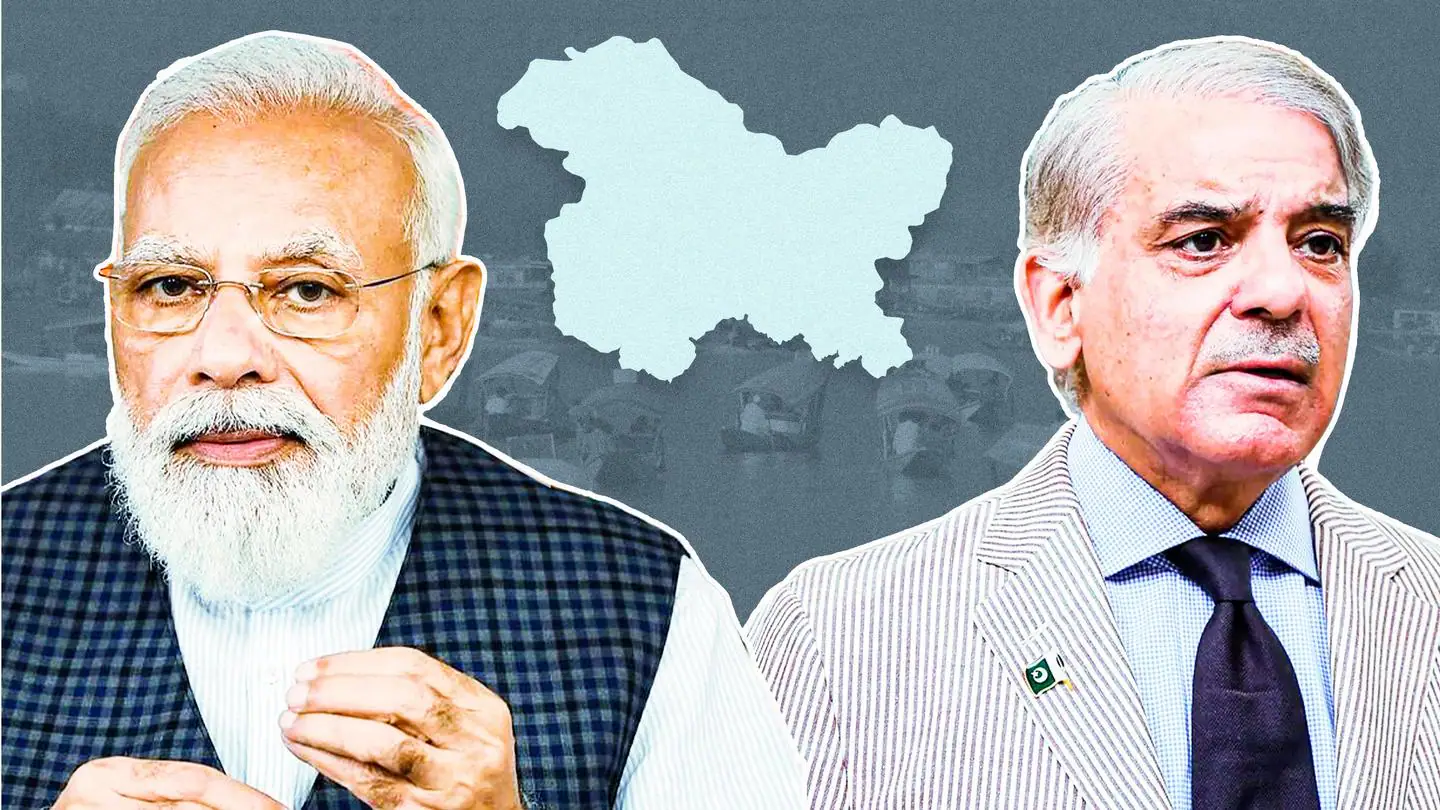Islamabad: Pakistan’s latest outburst over the ceremonial flag hoisting at the newly built Shri Ram Temple in Ayodhya has once again exposed what Indian diplomats describe as Islamabad’s “habitual India-bashing” and “chronic insecurity” over New Delhi’s growing global stature.
The event—deeply symbolic for millions of Indians—was celebrated across the country as a cultural and civilizational milestone. But in Pakistan, the ceremony became a trigger for yet another round of accusations, diplomatic complaints, and commentary that many observers say reflect more of Islamabad’s own internal turmoil than any real foreign-policy concern.
A Symbolic Event, A Predictable Reaction
The flag-hoisting ceremony at the temple was widely viewed in India as a moment of cultural resurgence. Yet Pakistan chose to interpret it through a narrow political lens, taking its objections as far as the United Nations.
In a sharply worded statement, the Pakistan Foreign Office claimed that the event represented “pressure on religious minorities” in India—a charge Indian officials called “laughably baseless,” especially in light of Pakistan’s own alarming minority rights record.
Diplomats in Delhi noted the obvious irony: while India remains home to more than 200 million Muslims who enjoy equal constitutional rights, Pakistan’s Hindu population has dwindled from about 15% pre-Partition to around 2% today. Reports by the U.S. Commission on International Religious Freedom have repeatedly flagged Pakistan for rising attacks on Hindus, Christians and Ahmadis, including during the first half of 2025.
Hypocrisy on Display
Analysts say Pakistan’s move fits a long pattern of deflecting attention from its internal failures—economic crisis, political instability, and the steady rise of extremist groups—by invoking India at global platforms.
“Pakistan’s credibility on minority rights is virtually nonexistent,” said a senior Indian official. “A country that cannot protect its own citizens has no moral authority to comment on India’s cultural or religious practices.”
India maintains that the Shri Ram Temple ceremony is purely a domestic matter rooted in constitutional processes, Supreme Court direction, and the country’s civilizational ethos.
A Reaction Driven by Fear of India’s Rise
Experts suggest the core reason behind Pakistan’s hyperreaction is India’s rising influence—politically, economically, and culturally.
India’s growing global leadership, from G20 presidency outcomes to expanding economic might, has coincided with Ayodhya’s symbolic re-emergence as a cultural powerhouse.
“Pakistan sees India’s cultural resurgence as a threat,” noted a strategic affairs scholar. “A confident and united India challenges the very narrative on which Pakistan’s political elite has survived.”

India’s Poised Response: Firm, Factual, and Unbothered
New Delhi has dismissed Pakistan’s complaint as a routine attempt to internationalize India’s internal matters. The Ministry of External Affairs reiterated that India neither interferes in other nations’ domestic issues nor tolerates interference in its own.
Officials emphasized that the country’s secular fabric remains robust, with equal space for temples, mosques, churches and gurdwaras—something Pakistan’s monolithic religious environment cannot emulate.
Pakistan’s Internal Weaknesses Spur External Noise
Policy observers argue that Pakistan’s diplomacy has increasingly turned into “performative outrage” as its economy faces collapse and its political system struggles for stability. Interference in the Ram Temple ceremony, they say, is a desperate attempt to rally domestic support around an external adversary.
“It is diplomatic theatre, not diplomacy,” said a former Indian envoy.
India Moves Forward, Unshaken
For India, the Ayodhya ceremony marks not just a religious event but part of a broader cultural revival echoing through art, architecture, tourism and global interest in India’s civilizational heritage.
No amount of external criticism, Indian officials assert, can derail that trajectory.
The Bottom Line
Pakistan’s angry response to the flag hoisting at the Shri Ram Temple may have generated headlines, but it has done little beyond highlighting Islamabad’s deep-seated insecurities and deteriorating global standing.
India, meanwhile, appears unfazed—continuing its march as a confident democracy, a rising economic power, and an increasingly influential cultural voice on the world stage.
As one senior diplomat put it:
“Pakistan can complain. India will build. And the world knows the difference.”





